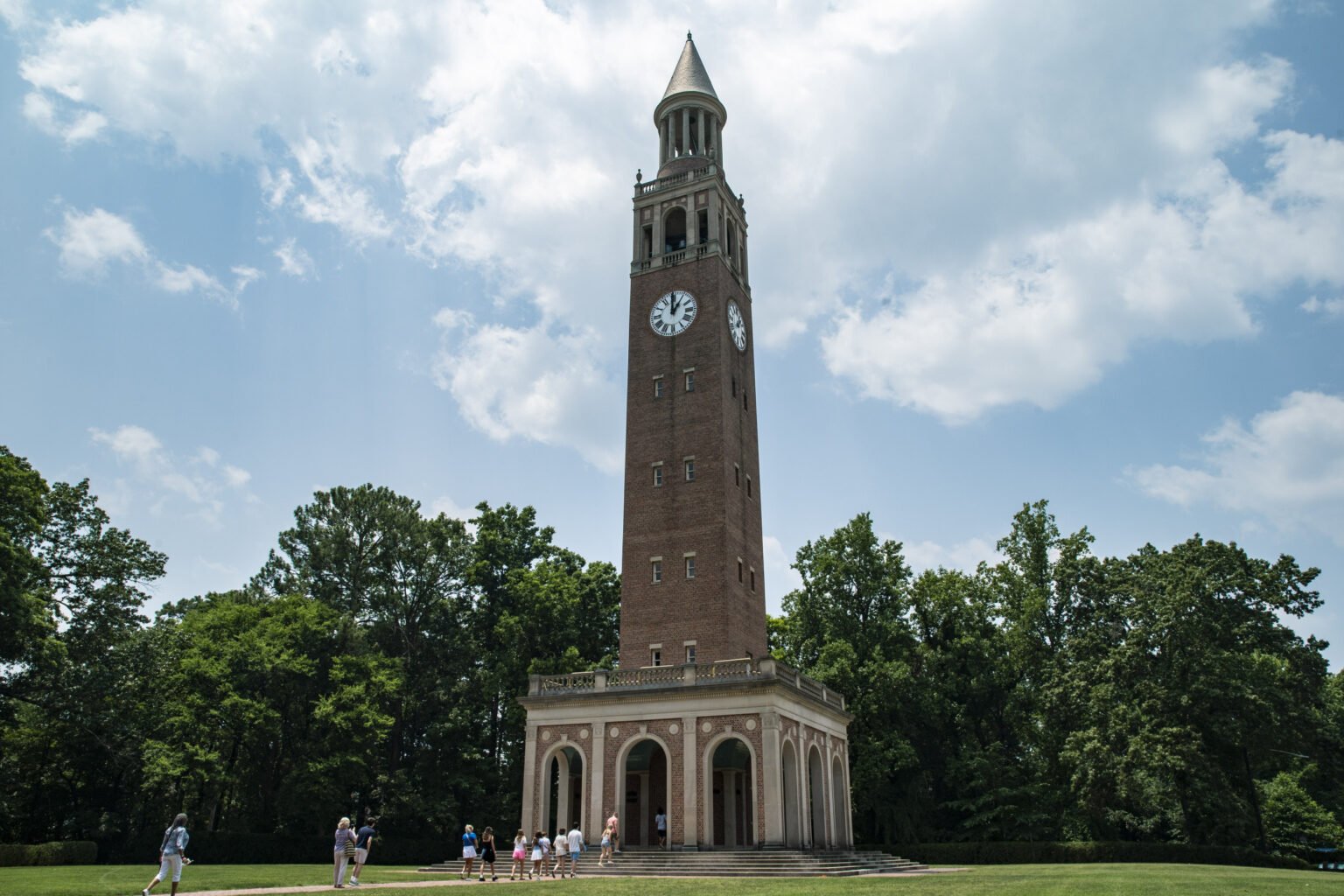Texas Governor Greg Abbott praised the University of North Carolina at Chapel Hill (UNC) for redirecting $2.3 million in diversity spending towards campus safety. This decision, set to take effect on July 1, comes amid recent pro-Palestinian rallies that have shaken universities across the United States. Some trustee board members pointed to protests on Chapel Hill’s campus as a reason for the funding diversion, with concerns raised about property destruction and the removal of the U.S. flag. The decision to redirect diversity funding towards public safety and police efforts could potentially impact the Diversity and Inclusion Office at UNC, which has 12 staff members.
The UNC trustees’ decision received praise from conservative commentators like Charlie Kirk, who applauded the move as a victory in the fight against DEI initiatives. Activist Monica Harris also commended the decision, highlighting concerns that DEI efforts might lead to hate speech and divisive ideologies. Republican lawmakers in several states, including Florida and Texas, have introduced legislation aimed at limiting DEI programs at public institutions. UNC’s Committee on University Governance, which is part of the UNC Board of Governors overseeing 17 public universities in North Carolina, is expected to vote on reversing a policy related to DEI initiatives.
However, the decision by UNC to redirect funding away from DEI efforts and towards campus safety was met with criticism from some observers. Attorney Robyn Sanders of the Brennan Center for Justice condemned the move as “despicable and outrageously racist,” arguing that it would disproportionately affect marginalized and minority communities. Former North Carolina congressional candidate Kyle Parrish also criticized the funding reversal, accusing UNC of historical inaction on discrimination and segregation issues. The decision raises concerns about the potential impact on diversity programs and initiatives at universities under the UNC Board’s guidance.
The broader trend of Republican-led efforts to restrict DEI programs at public institutions reflects a growing ideological divide in the political landscape. While some see these measures as necessary to protect free speech and ensure campus safety, others view them as harmful to diversity and inclusion efforts. The debate over the role of DEI initiatives in higher education highlights ongoing tensions around issues of race, equity, and social justice. As universities grapple with these complex issues, finding common ground and fostering inclusive environments remains a key challenge for higher education institutions across the country.










